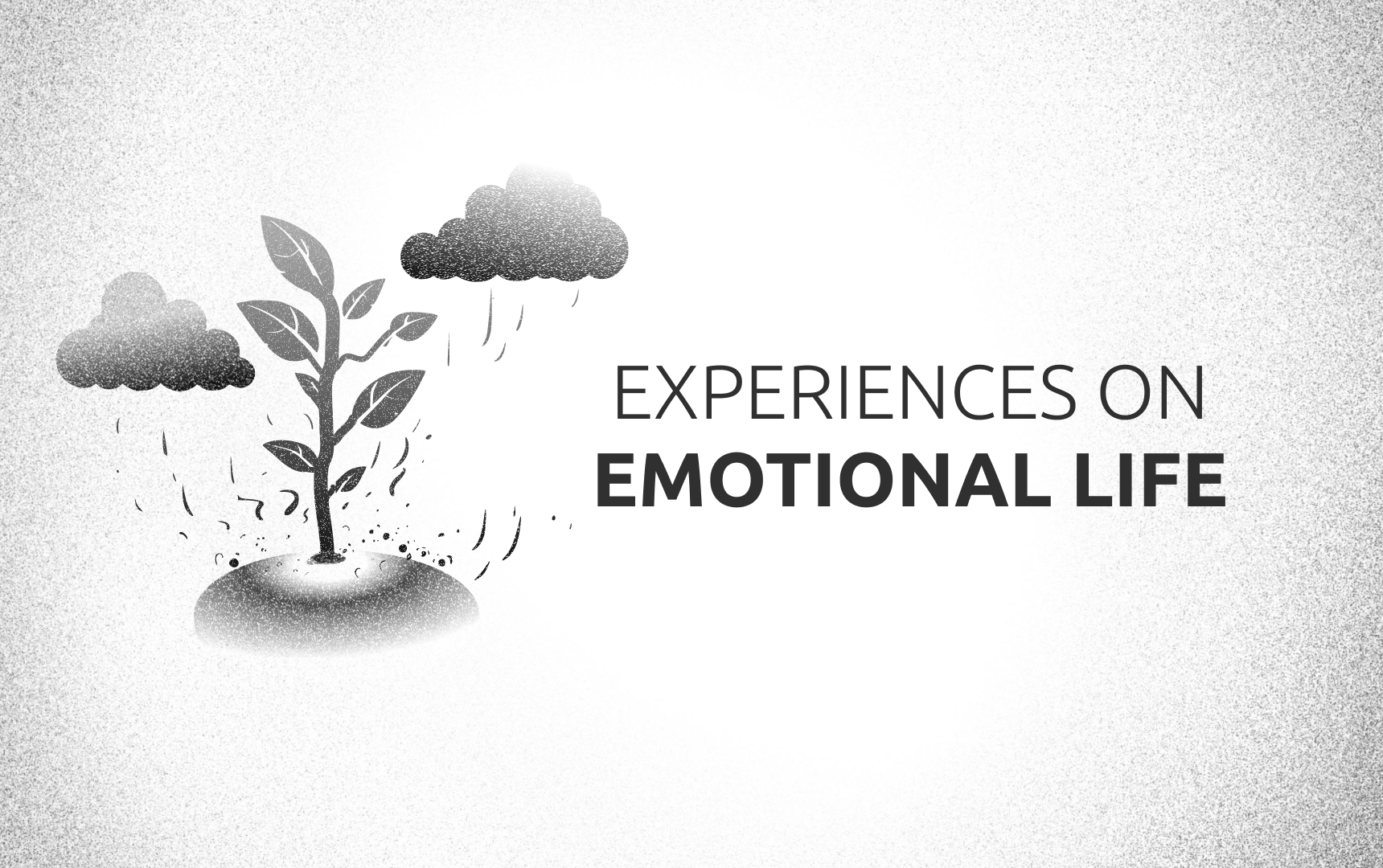Experiences On Emotional Life

Emotional Storms: The Comprehensive Impact of Negative Experiences on Emotional Life
In the vast landscape of our minds, where neuroscience and emotional development converge, a complex and dynamic panorama unfolds. In this article, we will delve into the transcendental importance of negative experiences and how facing them becomes a fundamental key to cultivating an emotionally rich and resilient life.
Neuroscience and Negative Experiences
In the intricacies of neuroscience, confronting negative experiences triggers crucial processes in our brains. These encounters strengthen our neural networks, with each challenge overcome acting as a key unlocking the potential of our brains to adapt and learn from new situations.
Emotional Development Beyond the Brain
This journey of adaptation and learning extends beyond the cerebral sphere. Learning to confront negative experiences, understanding their origins, and managing them appropriately is essential for building a solid emotional foundation, fostering a deeper empathy towards others.
Healthy Integration of Experiences
Integrating these experiences healthily into our daily lives not only allows us to understand our emotions but also contributes to forging a genuine connection with ourselves and others.
Resilience and Adaptability
Negative experiences are not obstacles to be avoided but catalysts for a resilient and adaptable mindset. We develop an intrinsic ability to adapt to changing situations and learn from our experiences, becoming an invaluable resource in life's journey.
Embracing Emotional Complexity
In the intricate tapestry of our emotional lives, the importance of embracing emotional complexity becomes evident. Recognizing the richness of our emotions, including the negative ones, allows us to experience a fuller and more authentic life. This holistic approach enables us to nurture the intrinsic connection between neuroscience and emotional development.
Transformative Experiences and Personal Transformation
Negative personal transformation can occur when a person's values and preferences change in a negative way, leading to regret, bitterness, or guilt.
Positive epistemic transformation involves gaining new knowledge or understanding through new experiences.
Positive personal transformation can occur when a person becomes more loving, generous, or open as a result of transformative experiences.
Some examples of transformative experiences include religious experiences that lead to a deeper appreciation of God but may involve a negative epistemic transformation, such as abandoning previous intellectual projects.
In emotional life, negative experiences are not discordant notes but fundamental components of a unique masterpiece in constant evolution. By understanding, facing, and learning from these experiences, we cultivate a rich and meaningful emotional life.
This journey leads us to a deeper understanding of ourselves, emphasizing that, in the dynamics of life, each experience, positive or negative, contributes to a unique masterpiece in constant evolution.